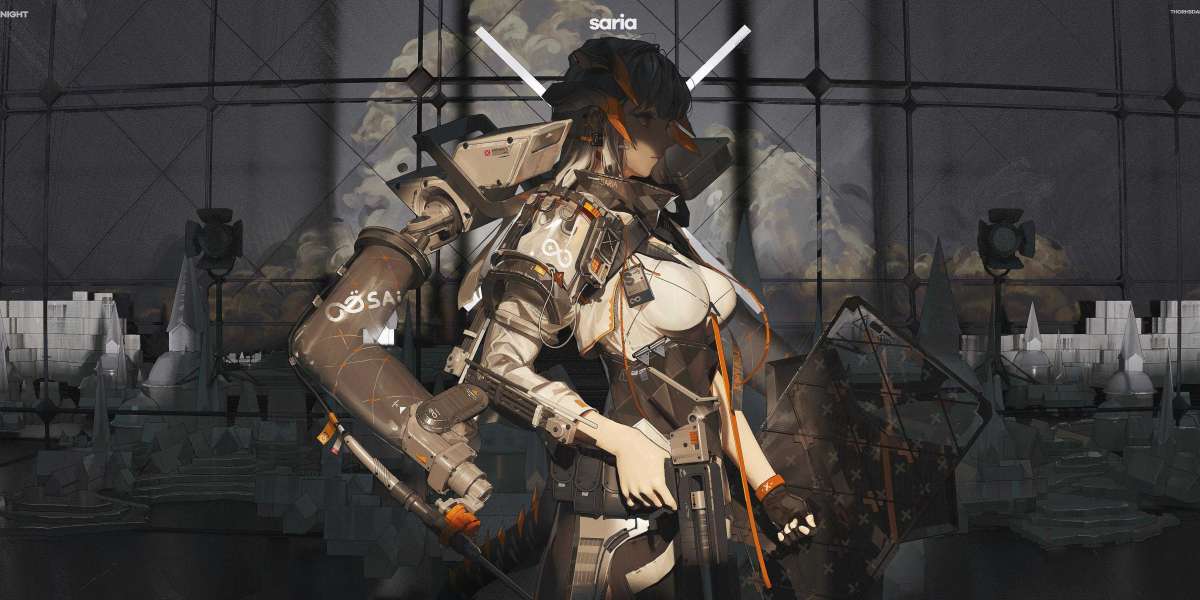In December of 1980, an event of significant geopolitical importance unfolded in the Middle East: the outbreak of the Iran-Iraq War. This brutal and prolonged conflict endured for a decade, leaving a lasting impact on the region and the world. Rooted in a complex web of religious, territorial, and ideological tensions, the war brought about an unprecedented level of suffering and destruction with far-reaching consequences for both belligerent nations.
The war began on September 22, 1980, when the Iraqi armed forces, under the leadership of Saddam Hussein, launched a massive invasion into Iran, catching the world by surprise. The dynamics leading up to this conflict were multifaceted. On one hand, Saddam Hussein aimed to exploit Iran's vulnerability in the wake of the Islamic Revolution that had overthrown the Shah, hoping to expand his influence and weaken a rival Shiite-dominated neighbor. On the other hand, Iranian leader Ayatollah Khomeini saw Saddam's regime as a threat to his vision of exporting the Islamic revolution to other Muslim countries and sought to repel the aggression against Iran.
With the initial Iraqi invasion, the conflict escalated swiftly as both sides engaged in a series of intense battles, often fought in the form of trench warfare, reminiscent of the horrors of World War I. Chemical weapons, most notably used by Saddam Hussein's regime, added a horrifying element to the war, leading to numerous casualties and severe environmental damage. The war's prolonged duration and mounting casualties, estimated to be in the hundreds of thousands, further deepened the wounds of both nations.
The international community, initially hesitant to intervene, watched as the war escalated into a protracted stalemate, with neither side gaining a decisive upper hand. However, as the conflict intensified, many countries became entangled in the web of regional alliances and geopolitical interests. Iraq received support from various Arab states, including Saudi Arabia and Kuwait, as well as financial aid from Western countries suspicious of Iran's revolutionary ambitions. On the other hand, Iran found backing from Syria and Libya, despite facing international isolation due to its radical policies and alleged support for terrorism.
Throughout the war, both Iran and Iraq endured severe economic damage, as resources were redirected towards military efforts rather than socio-economic development. The civilian population suffered greatly, grappling with scarcity, inflation, and the constant threat of airstrikes and missile attacks. Moreover, maritime traffic in the strategically crucial Persian Gulf was disrupted, leading to a global increase in oil prices, significant economic repercussions, and disruptions in energy supplies.
In 1988, after eight years of relentless fighting, a ceasefire was finally brokered, with neither side achieving its objectives. Ultimately, the war proved to be a futile and costly venture for both Iran and Iraq. Moreover, the conflict left a deep-seated mistrust between the two nations that persists to this day.
new balance 327 creamWhile the Iran-Iraq War officially ended over three decades ago, its legacy continues to shape the political, social, and economic dynamics of the Middle East. The war stands as a stark reminder of the devastating consequences of unchecked aggression and the complex interplay of domestic and regional power struggles. Its impact on the region's stability and the lives of millions serves as a somber lesson for future generations.
patent leather adidas forums







